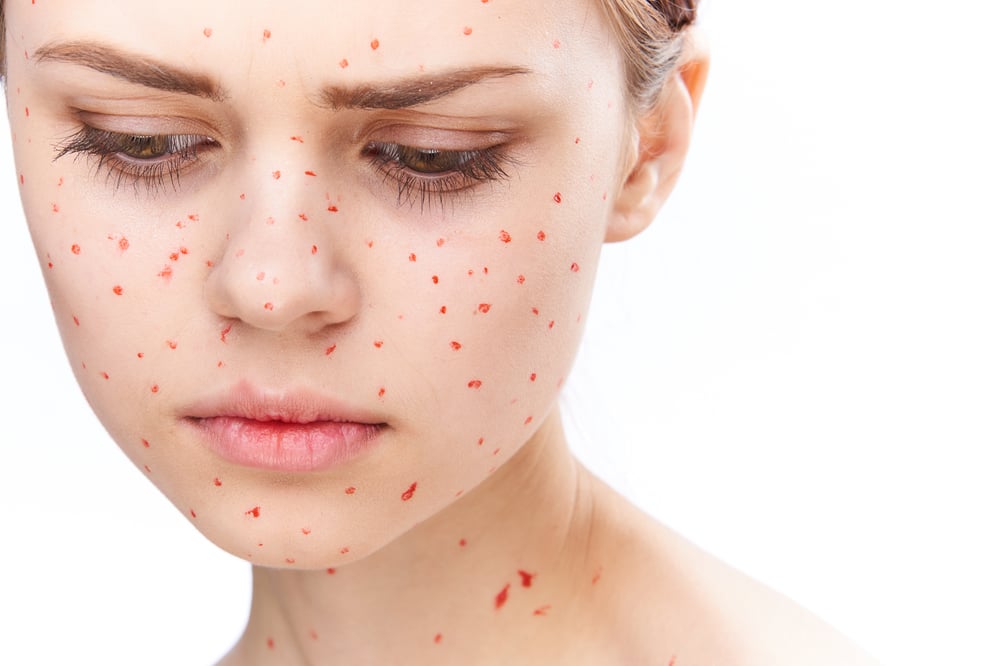Chickenpox (varicella) is a viral infection that causes an itchy, blister-like rash. Chickenpox is highly contagious to people who haven’t had the disease nor been vaccinated against it. Before routine chickenpox vaccination, virtually all people had been infected by the time they reached adulthood, sometimes with serious complications. Today, the number of cases and hospitalizations is down dramatically. For most people, chickenpox is a mild disease. Still, it’s better to get vaccinated.
Donor requirements for participation:
- You must be clinically diagnosed by a medical professional. Confirmation of the diagnosis and/or treatment must be verified with your physician.
- Be pre-screened to determine eligibility.
- You’re willing to donate plasma through the apheresis process.
- You must have a photo ID and be able to provide your social security number or proof of citizenship.
- You must be at least 18 years old.
- You must weight at least 110 lbs.
- You must disclose if you have ever been diagnosed with Hepatitis C and/or HIV.
For questions and concerns about requirements or participation, contact us at (833) GO-4-CURE.
Symptoms
Chickenpox infection usually lasts about five to ten days. The rash is the telltale indication of chickenpox. Other signs and symptoms, which may appear one to two days before the rash, include fever, loss of appetite, headache, tiredness and a general feeling of being unwell (malaise).
Once the chickenpox rash appears, it goes through three phases:
Once infected, you can spread the virus for up to 48 hours before the rash appears, and you remain contagious until all spots crust over.
Treatment
In otherwise healthy children, chickenpox typically requires no medical treatment. Your doctor may prescribe an antihistamine to relieve itching. But for the most part, the disease is allowed to run its course.
This information is not meant for clinical diagnosis, but as an educational resource derived from Mayo Clinic.
Discovering that you have been infected with a disease can be overwhelming with many unanswered questions and concerns. One that may come to mind is “how can I help someone else that may go the same process and struggles that I have experienced?” You can help by becoming a Specialty Antibody donor!
Participating in research allows scientists and clinicians find new treatments, tests and quicker diagnostic methods to improve patient outcomes and, hopefully, prevent the disease from spreading.


DO NOT SELL OR SHARE MY INFORMATION
M-Th: 7 AM - 3 PM
F: 8:30 AM - 10:30AM
M-F: 7:30 AM - 3:30 PM
Programs:
Bone Marrow, Whole Blood, White Blood Cells
M-F: 6:00 AM - 12:00PM
Programs:
Whole Blood, White Blood Cells
M-Th: 7 AM - 3 PM
F: 7 AM - 12 PM
Programs:
Whole Blood
M-Th: 8:30 AM - 3 PM
F: 8:30 AM - 12 PM
Programs:
Whole Blood, Plasmapheresis
M-Th: 7 AM - 3 PM
F: 8:30 AM - 1:00 PM
Programs:
Whole Blood, Plasmapheresis, White Blood Cells